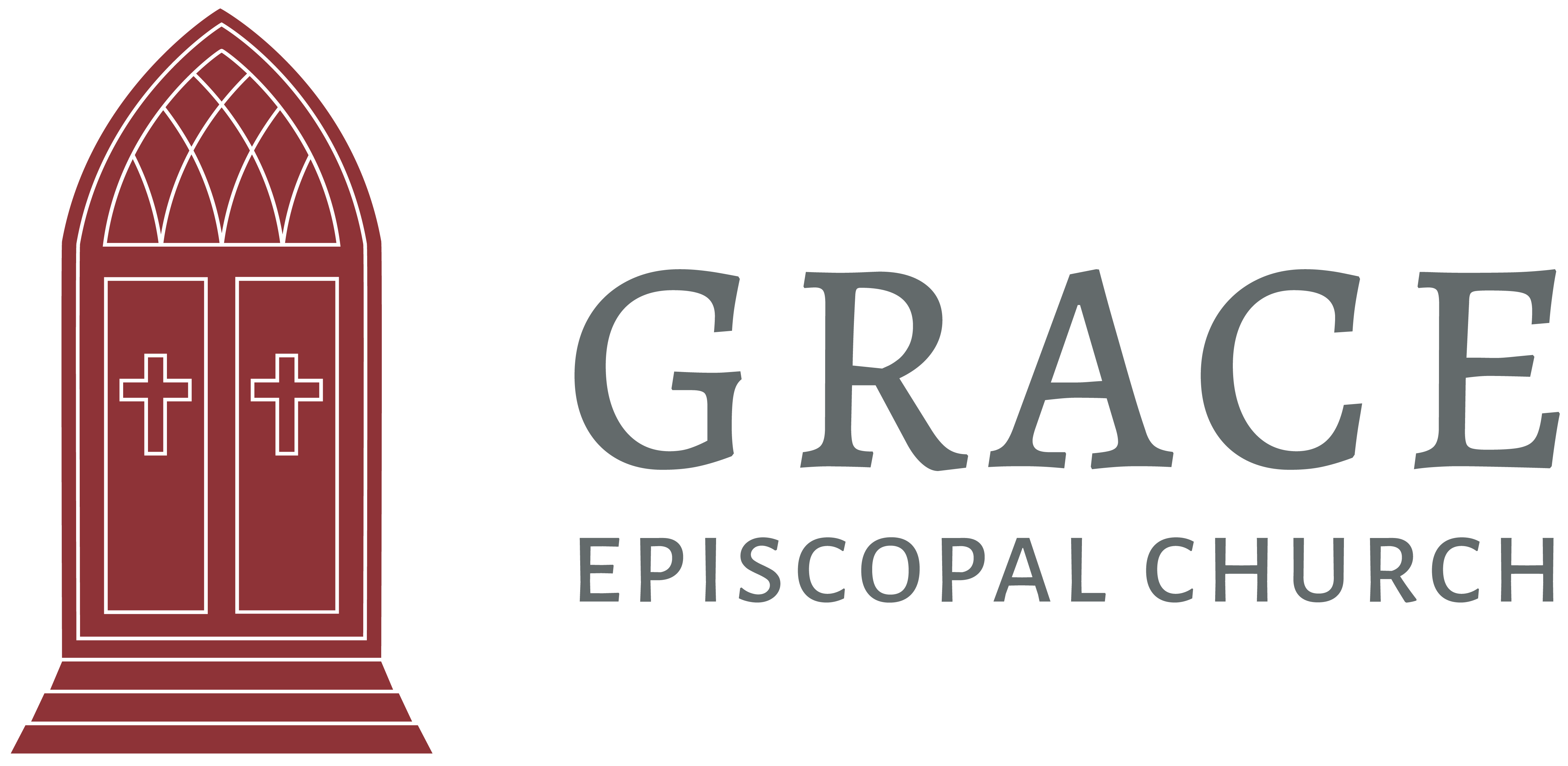Psalm 56, 57, 58; 1 Kings 21:1-16; 1 Cor. 1:1-19; Matt. 4:1-11
Jezebel does what the wife of any good tyrant would do when her husband is sulking: she has the stubborn Naboth, so utterly unreasonably attached to his ancestral property, kangaroo-courted and rushed to the gallows, and seizes the property as a birthday gift for her dear hubby. I love how Ahab goes from a petulant, sulky little boy to someone who willingly accepts blood money as long as the blood isn’t on his hands. He’s too good to execute Naboth himself, but not too good to take the deed and get started on the pool and the terracing before Naboth’s blood’s even dried on the stones. He’s a perfect example of someone who’s only as good as he has to be–which is to say, only as good as public opinion forces him to be. And when public opinion shifts, or is distracted by something else, he turns out to be not so good at all. Benefitting from a murder and a theft someone else commits on your behalf isn’t moral, friends. It’s accessorizing after the fact, it’s fruit of the poisonous tree.
Morality isn’t adherence to a socially-conditioned set of expectations: by that definition, Ahab’s a very moral guy. He plays by the rules that his subjects expect. He’s respectable by the light of his times. Nope, morality is having an internal compass of what’s good and what’s not, of what’s acceptable and what’s not, and adhering to it even when the not acceptable and the not good work in your favor and no one would blame you if you played along with the way of the world.
And if we want to take this highly theoretical statement and make it uncomfortably real–in the story of American history, aren’t the Native Americans the Naboths, the folks who had and still have unreasonable attachments to their land, who stand in the way of progress because gosh-darn-it they love the land more than they crave the progress? And who, precisely, does that make…me? I didn’t shot and I didn’t steal and I didn’t drive into reservations, I’m not Jezebel–but I do benefit from that theft and murder, pretty much every day. And as I speak, we’re working on a plan for a pool and a terrace in our backyard, which was once an Osage hunting ground. Oh dear, oh dear, see how easily the Bible can start to challenge my comfort, if I let it? Let’s just focus on Ahab and Jezebel and not make things relevant, right?
I’m not suggesting that we need to spend our time wallowing in guilt about things that were done long before our birth and which we can’t undo, even if we wanted to. But maybe a bit more sympathy for the modern examples of Naboth’s vineyard, which are still going on around us, might be in order. A bit more sympathy for the Standing Rock Sioux who don’t want a pipeline run across one of their few remaining ancestral cemeteries, or Alaska’s Gwi’chin who don’t want a pipeline run across their land because it will block the migration patterns of the caribou on which their entire culture depends, or the endless string of lawsuits brought by the Navajo against the government because it sold off coal-mining rights on their reservation at rates far lower than the industry standard and then took an administrative cut higher than usual. Maybe just a tiny bit more sympathy, a willingness to ask who, in such cases, is Naboth and who is Jezebel, and how I as Ahab might ought to react, is in order. Because things aren’t included in the Bible just because they’re great character sketches of dead-and-buried tyrants: they’re also in their to keep us from falling for the temptation to become modern-day tyrants-at-arms-length.
